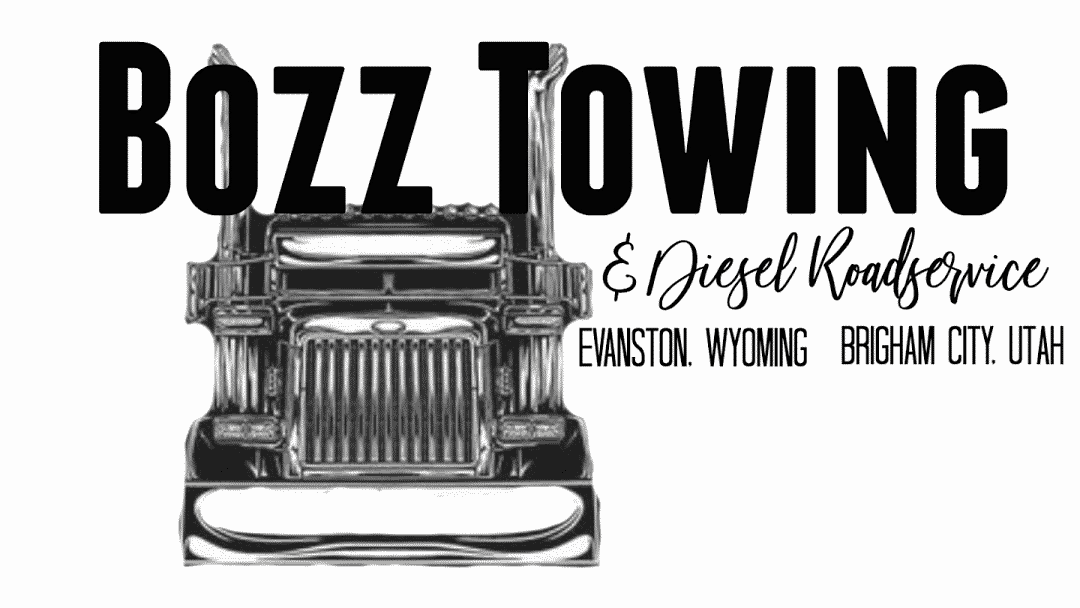CDL and truck drivers know that winter is a strenuous season for their fleet, especially their diesel engines. Cold climates put high pressure on diesel engines and expose the bare metal to water, ice, and salt — all the causes of rust.
Diesel engines are particularly tricky compared to regular engines because they require preventative maintenance during winter to avoid damage. Here’s how to start a cold diesel engine properly and the best practices to prolong its lifespan.
How Cold Weather Affects Diesel Engines
Diesel engines are designed to run at high temperatures, so when the temperature drops, it affects the functionality significantly. Here’s how cold weather affects a diesel engine and what you can do to ensure it starts and runs properly.
Thickens Engine Oil
During winter, its first impact on diesel engines is thickening the oil.
Thick oil can cause the following issues for diesel engines:
- Clogged oil filter — leading to decreased lubrication and increased wear on engine components
- Engine overheating — causing the engine to struggle to turn over, especially if it’s been sitting for a while
An engine turnover is when the engine’s crankshaft turns over, causing the pistons to move up and down. This motion turns the engine’s flywheel, which rotates the gears and drives the wheels. When learning how to start a cold diesel engine, the engine must be turned over at least once to start.
Freezes Engine Oil
In frigid weather, the oil can freeze, which can cause significant damage to the engine. Frozen oil can cause the engine oil not to flow correctly and create metal-to-metal contact between moving parts. To help prevent this, it’s essential to ensure you’re using the correct type of oil for your engine at the right temperature. This information can be found in your manufacturer’s manual.
In cold weather, it’s best to use a heavier-weight oil when learning how to start a cold diesel engine. Thick oil helps ensure that the oil doesn’t thin out too much and slows down the freezing process because the molecules are closer together. Oil thins out when it’s cold because the molecules slow down and become less viscous. This can cause serious engine issues because the oil cannot lubricate the engine properly.
Gels Engine Oil
Another impact of cold weather on diesel fuel engines is that the fuel starts to gel. This can clog up the fuel filter and prevent the engine from getting the proper power. It can also cause the engine to run less efficiently. To help avoid this, use a fuel additive that will help keep the fuel from gelling.
Diesel Fuel Additives and Benefits
A diesel fuel additive in your tank is crucial when the weather outside turns cold. A high-quality additive will help keep your fuel from gelling and clogging up your fuel filter. It will also help improve the efficiency of your engine in cold weather.
There are a few different types of diesel fuel additives on the market, so choosing one compatible with your engine is essential.
Some of the most popular additives include:
- Cetane improvers– Improves fuel combustion in your engine, leading to better performance and fuel economy
- Cold flow improvers– Improves fuel flow in cold weather and prevents fuel gelling and clogging
- Lubricity improvers– Improves engine lubrication to protect it from wear and tear
When using a diesel fuel additive, it’s essential to follow the instructions on the bottle. This will help ensure you’re using the proper amount and not damaging your engine. If the wrong amount of additive is used, it can cause the fuel to gel and clog the fuel filter — leading to engine damage or complete engine failure. This is one of the most crucial steps to follow when learning how to start a cold diesel engine in winter.

Best Practices to Prolong Diesel Engine Life in Winter
To keep your engine running smoothly in cold weather, there are a few best practices that you should follow.
Keep the Gas Tank Full
As you prepare for winter, make sure to keep your gas tank full. This will help ensure that the fuel lines to and from the engine block don’t freeze. Keeping the gas tank full also reduces the chance of condensation freezing and corrosion inside the tank.
Use Heavier-Weight Oil
Thin oil during winter can cause severe problems because the oil cannot lubricate the engine properly. Thicker oil will take more time to freeze since the molecules are closer together.
Warm Up the Engine Before Driving
Let your engine warm up for a few minutes before driving in winter. This will help prevent damage when learning how to start a cold diesel engine and ensure it’s running correctly. If you do not let the engine warm up before starting, the oil will not be able to flow correctly and can cause metal-to-metal contact between moving parts. Additionally, starting the engine without letting it warm up first can put unnecessary strain on the battery.
Park in a Sheltered Place
When possible, park your vehicle somewhere warm and away from the cold winter elements, such as parking garages or carports. Warm parking places shelter CDL trucks from colder climates to help start them easier. Try to park in a covered area or storage unit to reduce the risk of engine oil thickening or freezing.
Use an Engine Block Heater
An engine block heater helps warm up the engine before starting it. If your diesel vehicle has an engine block heater, use it! An engine block heater will keep the motor warm and ensure all the working parts are in good condition.
Following these methods will help increase the longevity of your engine and prevent any major issues from occurring.
How to Start a Cold Diesel Engine FAQs
What’s the best way to start a cold diesel engine?
The best way how to start a cold diesel engine is by using a block heater. This will help warm up the engine before starting it.
What’s the best way to protect my diesel engine in freezing temperatures?
The best way to protect your engine in cold weather is to use the proper type of oil and keep the gas tank full. It would help if you also got your car serviced regularly.
What’s the best way to keep my diesel fuel engine from gelling?
A diesel fuel additive is the best way to keep your fuel from gelling. This will help improve energy flow in winter months and prevent clogging.
What do I do if my fleet still doesn’t start?
If your truck still hasn’t started after the above tips, you may need to have it towed to a mechanic. They will be able to diagnose the problem and get your vehicle running again.
Prepare Your Diesel Engine for Winter with Bozz Towing
At Bozz Towing, we can help your semi-truck smoothly through any weather condition. We offer Utah diesel truck repair services and 24/7 roadside assistance and towing.
Contact us to help your diesel engine last for many years!
Related Articles:

